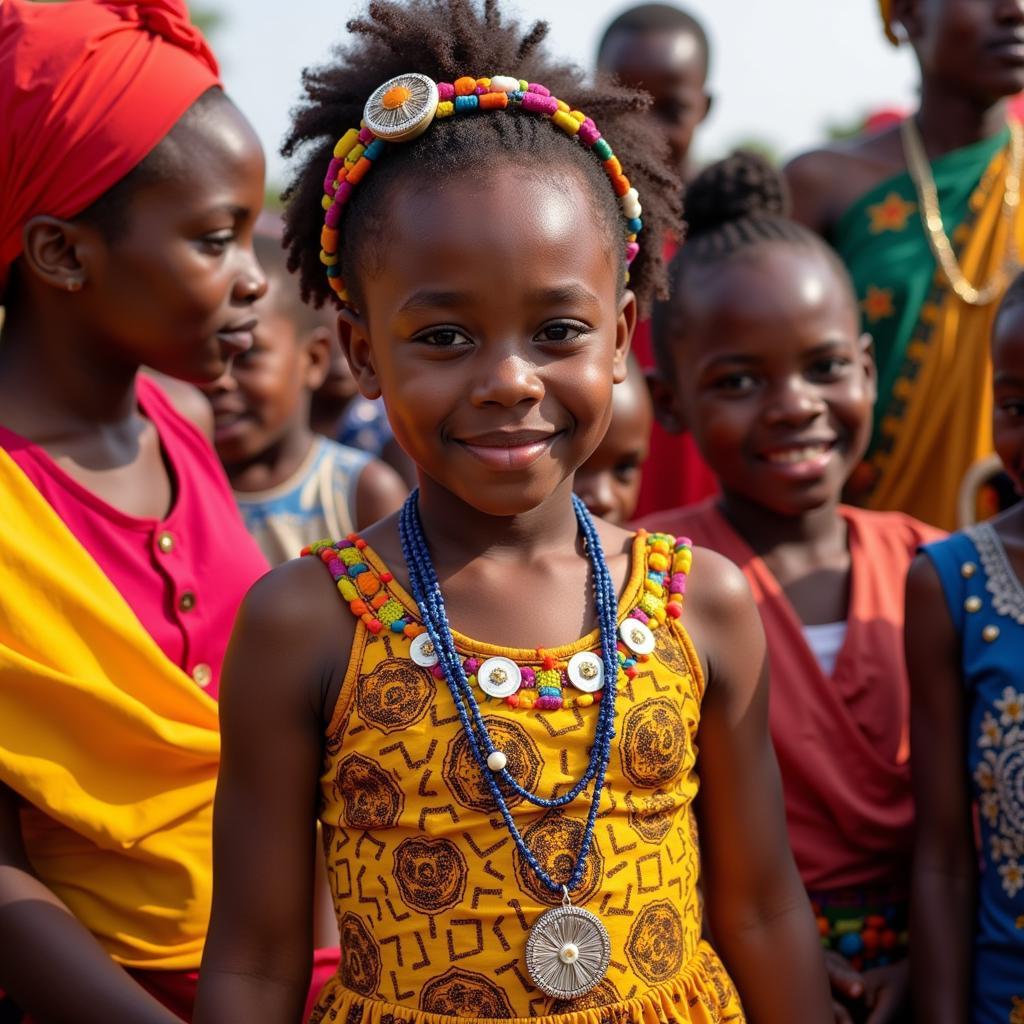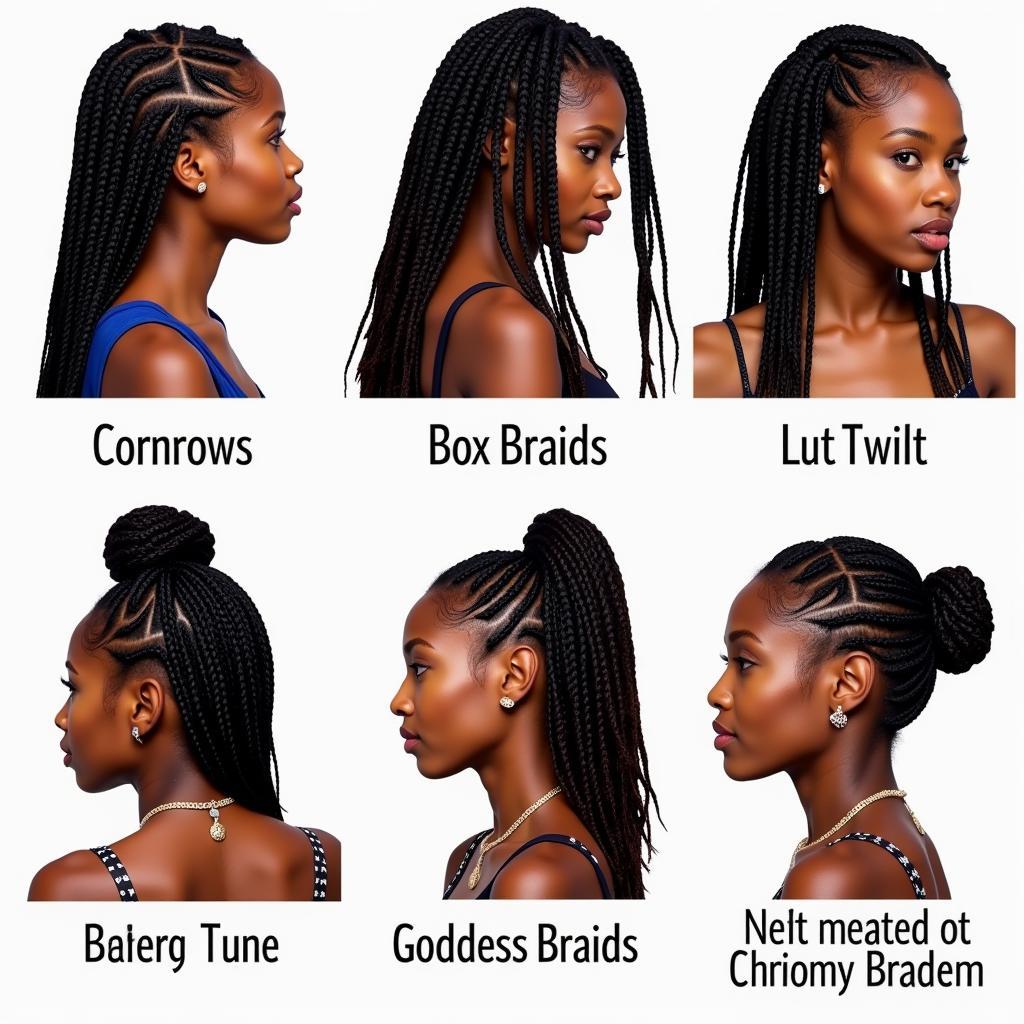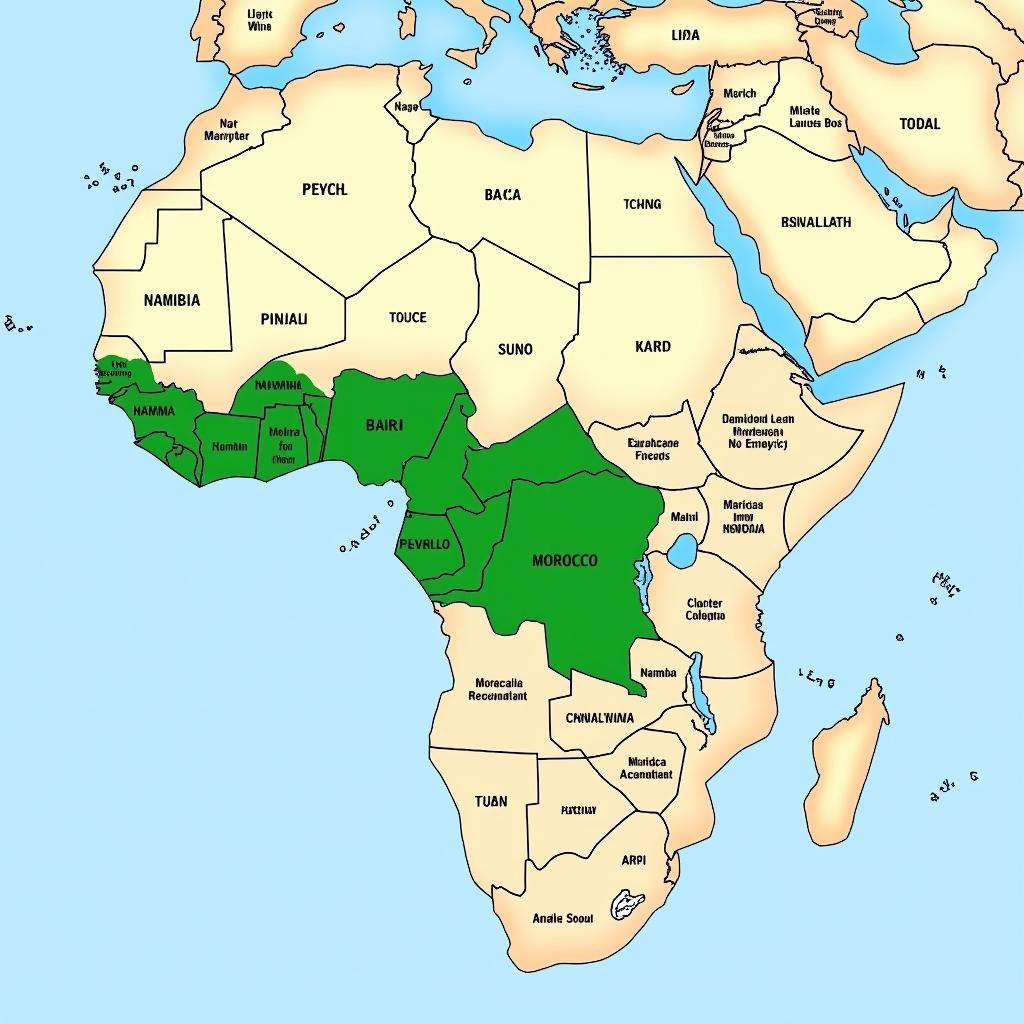African Charter on Human and People’s Rights 1981: A Cornerstone of Human Rights in Africa
The African Charter on Human and People’s Rights 1981 stands as a testament to Africa’s commitment to upholding the dignity and rights of its people. This landmark document, adopted in 1981, outlines a comprehensive framework for the protection and promotion of human and people’s rights across the continent. It addresses a wide spectrum of rights, from civil and political liberties to economic, social, and cultural entitlements.
The Charter acknowledges the interconnectedness of individual and collective rights, emphasizing the importance of both in ensuring the overall well-being of African citizens. It is a unique instrument, drawing inspiration from both universal human rights principles and the specific cultural and historical context of Africa. The Charter recognizes the importance of traditional African values, such as community, solidarity, and respect for elders, while simultaneously embracing international human rights norms. This blend of universalism and particularism gives the Charter its distinct character and relevance within the African context. One key aspect of the Charter is its recognition of the right to development as a fundamental human right, reflecting the continent’s aspirations for economic and social progress.
The Charter isn’t just a theoretical document; it has practical implications for the lives of millions of Africans. It serves as a legal framework for addressing human rights violations and promotes a culture of respect for human dignity. The Charter’s influence extends beyond the legal sphere, shaping social norms and influencing policy decisions across the continent. For example, the Charter has been instrumental in advocating for gender equality, protecting the rights of marginalized groups, and promoting democracy and good governance.
Understanding the Core Principles of the African Charter on Human and People’s Rights 1981
The African Charter is rooted in several core principles that reflect the unique social, cultural, and political landscape of Africa. These principles include the inherent dignity of every human being, the equality of all before the law, the right to self-determination, and the importance of solidarity and cooperation among African states. These principles are not just abstract ideals; they are the foundation upon which the Charter’s specific rights and freedoms are built.
The Charter also emphasizes the importance of duties and responsibilities alongside rights. It recognizes that the enjoyment of rights comes with corresponding obligations to respect the rights of others and to contribute to the well-being of the community. This balance between rights and duties is a key feature of the Charter, reflecting the African philosophy of Ubuntu, which emphasizes the interconnectedness of all people. The African Charter on Human and People’s Rights 1981 can be accessed via this link: african charter oh human and peoples rights 1981.
Enforcement and Implementation of the African Charter
While the Charter sets out a robust framework for human rights protection, its effective implementation remains a challenge. The African Commission on Human and People’s Rights, established under the Charter, plays a crucial role in monitoring state compliance and promoting the Charter’s principles. However, the Commission faces various limitations, including limited resources and a lack of enforcement powers. Despite these challenges, the Commission has made significant strides in promoting human rights awareness and advocating for legislative reforms in various African countries.
“The African Charter is not just a piece of paper. It is a living document that has the potential to transform the lives of ordinary Africans. However, its success depends on the commitment of states to implement its provisions and the vigilance of civil society organizations in holding them accountable.” – Dr. Abia Ajoku, Professor of African Studies, University of Lagos.
The African Charter’s Impact on Regional and International Human Rights Law
The African Charter has significantly impacted the development of both regional and international human rights law. It has inspired the creation of other regional human rights instruments and has influenced the jurisprudence of international human rights bodies. The Charter’s unique provisions, particularly those relating to people’s rights and the right to development, have enriched the global discourse on human rights. You can learn more about the Charter via african charter unts.
“The African Charter was a pioneering instrument that recognized the importance of collective rights alongside individual rights. It paved the way for a more holistic understanding of human rights.” – Professor Kwame Nkrumah, Human Rights Advocate and Legal Scholar.
The Future of the African Charter on Human and People’s Rights
The African Charter continues to evolve in response to new challenges and opportunities. The growing emphasis on human rights education, the increasing engagement of civil society organizations, and the strengthening of regional human rights mechanisms offer hope for a brighter future. As Africa continues to navigate its path towards sustainable development and democratic governance, the African Charter on Human and People’s Rights 1981 will remain a crucial tool in ensuring that the rights and dignity of all Africans are respected and protected. A list of signatories can be found at african charter on human and peoples rights signatories.
Conclusion
The African Charter on Human and People’s Rights 1981 remains a cornerstone of human rights protection in Africa. Its principles and provisions continue to inspire and guide efforts to promote a culture of respect for human dignity across the continent. While challenges remain, the Charter’s enduring legacy lies in its affirmation of the inherent worth of every African and its commitment to building a future where all can enjoy their fundamental rights and freedoms.
FAQ
- What is the African Charter on Human and People’s Rights?
- What are the key principles of the African Charter?
- How is the African Charter enforced?
- What is the role of the African Commission on Human and People’s Rights?
- How has the African Charter influenced international human rights law?
- What are the challenges facing the implementation of the African Charter?
- What is the future of the African Charter?
Common Scenarios and Questions
- Scenario: A journalist is detained for publishing an article critical of the government. Question: How can the African Charter be used to protect the journalist’s right to freedom of expression?
- Scenario: A community is displaced from their ancestral land due to a development project. Question: How can the African Charter be used to protect the community’s right to land and their cultural rights?
- Scenario: A woman is denied equal pay for equal work. Question: How can the African Charter be used to address gender discrimination in the workplace?
Further Exploration
- Explore other human rights treaties and conventions.
- Research the work of human rights organizations in Africa.
- Learn about the history of human rights movements in Africa.
Call to Action
When you need assistance, please contact us at Phone: +255768904061, Email: kaka.mag@gmail.com or visit us at Mbarali DC Mawindi, Kangaga, Tanzania. We have a 24/7 customer service team.



